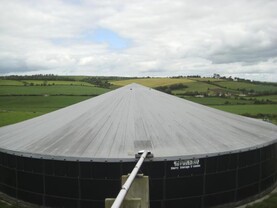Work is continuing at EU level to secure agreement on the next Common Agricultural Policy (CAP) reform but there are a number of areas where progress has been slow.
The capping of direct payments and the definition of a genuine farmer are two major points of contention.
Initial proposals published by the European Commission in June 2018 are now being debated by MEPs in the European Parliament and by agricultural ministers in the EU Council.
It is hoped a more detailed outline of the next CAP will be presented by the end of June 2019.
Salaries
The Commission’s current proposals include a maximum limit of €100,000 on all direct payments. However, it said farm salaries and labour would have to be deducted before a payment is capped.
Member states have asked for a salary exception to be optional.
Minister for Agriculture Michael Creed said at EU Council on Monday that such an exemption would undermine the policy and be cumbersome to implement. He also expressed concerns about the Commission’s proposal to define a “genuine farmer”. Each member state must produce their own definition which is based on conditions such as income tests and labour inputs.
European Commissioner for Agriculture and Rural Development Phil Hogan included a genuine farmer definition as one of the crucial parts of the next CAP. He said the policy needed to demonstrate to taxpayers and farmers that funds were being used correctly.
To do this, the distribution of direct payments would need to be improved to secure support for genuine farmers. Commissioner Hogan emphasised the credibility of the policy must be ensured by providing transparency on who Europe was supporting.
For this reason, certain elements must remain compulsory for all member states. Otherwise, there would be accusations that the CAP was being renationalised, he said.






 This is a subscriber-only article
This is a subscriber-only article









SHARING OPTIONS: